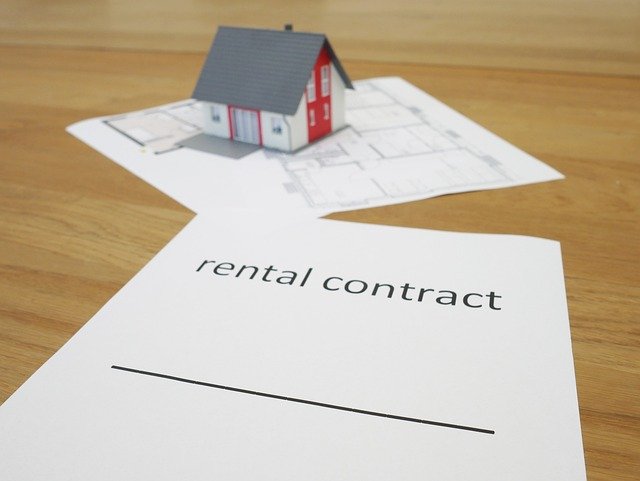Protecting Your Financial Future: Understanding Disability Insurance
Disability insurance is a crucial component of financial planning that often goes overlooked. This type of insurance provides financial protection by replacing a portion of your income if you become unable to work due to illness or injury. Whether you're a breadwinner, a business owner, or simply someone who relies on their paycheck, disability insurance can be a vital safety net in times of unexpected health challenges.

How does disability insurance work?
When you purchase a disability insurance policy, you agree to pay regular premiums to the insurance company. In return, if you become disabled as defined by your policy, the insurer will provide you with a portion of your income, typically ranging from 60% to 80% of your pre-disability earnings. The exact amount and duration of benefits depend on the specific terms of your policy.
What types of disability insurance are available?
There are two main types of disability insurance:
-
Short-term disability insurance: This type typically covers a period of three to six months, sometimes up to two years. It’s often provided by employers and has a shorter waiting period before benefits begin.
-
Long-term disability insurance: This coverage kicks in after an extended waiting period (usually 90 days) and can provide benefits for several years or even until retirement age, depending on the policy.
Additionally, there’s a distinction between group disability insurance (often offered through employers) and individual disability insurance policies that you can purchase on your own.
Who needs disability insurance?
While everyone who relies on their income should consider disability insurance, it’s particularly crucial for:
-
Primary breadwinners
-
Self-employed individuals
-
Those with physically demanding jobs
-
Individuals with dependents
-
People with large financial obligations, such as mortgages or student loans
Even if you have some coverage through your employer, it may be worth supplementing with an individual policy to ensure adequate protection.
What factors affect disability insurance premiums?
Several factors influence the cost of disability insurance:
-
Age and health: Younger, healthier individuals typically pay lower premiums.
-
Occupation: High-risk jobs often result in higher premiums.
-
Income: Higher incomes generally mean higher premiums, as the potential benefit amount is larger.
-
Benefit period: Longer benefit periods increase premiums.
-
Elimination period: A longer waiting period before benefits begin can lower premiums.
-
Additional riders or features: Extra coverage options will increase the cost.
| Provider | Type of Coverage | Key Features | Estimated Monthly Premium Range |
|---|---|---|---|
| Guardian | Long-term | Non-cancelable, own-occupation coverage | $100 - $300 |
| MassMutual | Long-term | Guaranteed renewable, future increase option | $125 - $350 |
| Northwestern Mutual | Both short and long-term | Flexible policies, potential dividends | $150 - $400 |
| Mutual of Omaha | Short-term | Quick benefit payout, simplified underwriting | $30 - $150 |
Prices, rates, or cost estimates mentioned in this article are based on the latest available information but may change over time. Independent research is advised before making financial decisions.
How can you choose the right disability insurance policy?
Selecting the appropriate disability insurance policy involves careful consideration of your financial situation and needs. Here are some key factors to evaluate:
-
Coverage amount: Determine how much of your income you need to replace.
-
Benefit period: Decide how long you’d need benefits if you became disabled.
-
Definition of disability: Look for “own-occupation” coverage, which provides benefits if you can’t perform your specific job.
-
Riders and additional features: Consider options like cost-of-living adjustments or return-of-premium riders.
-
Financial strength of the insurer: Choose a reputable company with a strong track record of paying claims.
Remember, the goal is to find a balance between comprehensive coverage and affordable premiums that fit within your budget.
In conclusion, disability insurance is a fundamental part of a robust financial protection plan. It provides peace of mind and financial security in the face of unexpected health challenges that could otherwise derail your financial future. By understanding the types of coverage available, assessing your needs, and carefully comparing policies, you can secure the right disability insurance to protect your income and maintain your lifestyle, even if the unexpected occurs.






